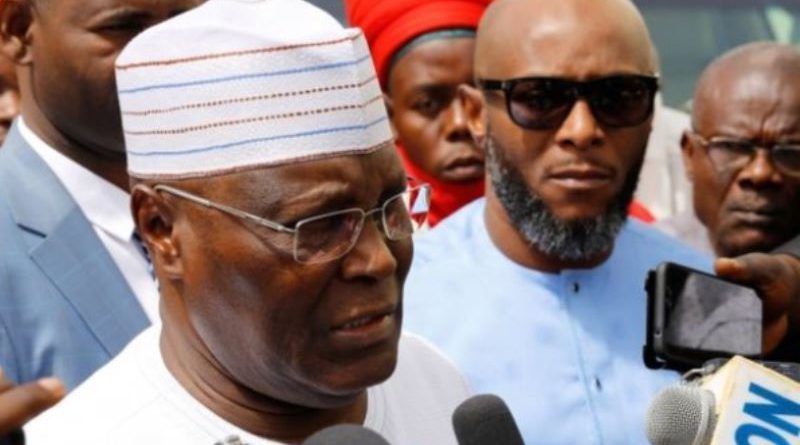“The appellant cannot just call witnesses,” Justice John Okoro who joined two other panellists to explain the court’s decision said “He has to call witnesses who are eyewitnesses and he may have to call 250, 000 witnesses.”
The court said that PDP failed to prove its main allegations against the re-election of Nigeria President Muhammadu Buhari and that he was eminently qualified to participate in the election.
Regarding the allegations of non-compliance, the court said the PDP had a responsibility, not only to provide witnesses but to do so sufficiently to support its allegations.
On Buhari’s educational qualifications, Justice Okoro stated that the issue was a constitutional matter and that Section 131 (d) of the constitution only requires that a candidate vying for the position of president should be “educated up to at least School Certificate level or its equivalent.”
Okoro read through Section 318 of the Constitution to further explain the meaning of “school certificate or its equivalent’.
“This include: secondary School Certificate or its equivalent, or Grade II Teacher’s Certificate, the City and Guilds Certificate, education up to Secondary School Certificate level, Primary Six School Leaving Certificate or its equivalent and -service in the public or private sector in the Federation in any capacity acceptable to the Independent National Electoral Commission for a minimum of ten years,” Justice Okoro said.
Atiku and the PDP challenged the election result which Independent National Electoral Commission (INEC) declared Buhari winner at the tribunal but was dismissed
INEC chairman Mahmood Yakubu said Buhari polled 15,191,847 votes to defeat Atiku, who polled 11,262,978 votes.
However, Atiku and the PDP claimed the election was ‘massively’ rigged.
Atiku and the PDP also claimed that Buhari was not academically qualified to contest a presidential election in Nigeria.
The opposition party and its candidate also petitioned the tribunal to nullify Buhari’s election on grounds of alleged over-voting and voter intimidation by security agents during the polls. But was dismissed by the tribunal.
Unsatisfied with the tribunal judgement, Atiku and PDP approached the Supreme Court which also dismissed their petition.
“We have examined all the briefs and the exhibits for over two weeks and we agree that there is no merit in this appeal,” Chief Justice, Tanko Muhammad said at the judgement.
“The appeal is dismissed,” he concluded, in a unanimous decision with six court justices.
Hours after the judgment was delivered, Atiku described it as a “challenge” that Nigeria must survive.
“While I believe that only God is infallible everywhere, and only Nigerians are infallible in our democracy, I must accept that the judicial route I chose to take, as a Democrat, has come to a conclusion,” Atiku Abubakar wrote on Twitter on October 30.
Atiku, former Nigerian vice president, tacitly maintained his claim to victory and that the Supreme Court judgment was compromised, saying that the country’s judiciary is not free.
“In a democracy, you need a strong judiciary, a free press and an impartial electoral umpire. Nigeria has none of those three elements as at today,” he said.
THE GUARDIAN

